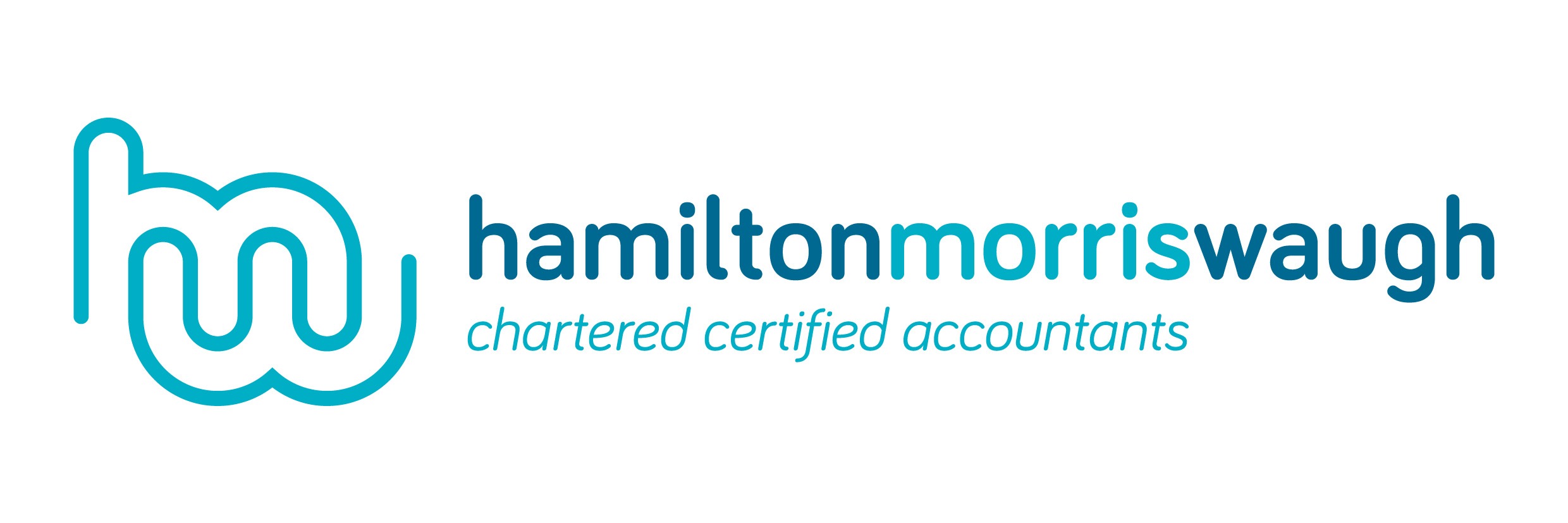Owning a furnished holiday let (FHL) can be a rewarding venture, offering a steady income stream and the satisfaction of providing memorable experiences for guests. However, staying abreast of regulatory and tax changes is crucial to maintaining the profitability and compliance of your FHL. In this post, we’ll break down the key changes in furnished holiday lets that owners need to be aware of for the 2024/25 tax year.
Understanding recent tax changes
One of the most significant changes affecting FHL owners involves the tax treatment of these properties. Historically, FHLs have benefited from favourable tax rules compared to long-term residential lets. These include allowances for capital gains tax reliefs and the ability to claim capital allowances on furniture, fixtures and equipment.
However, the government has introduced some adjustments that could impact your tax planning strategy.
- Reduction in allowances: The annual investment allowance (AIA) has seen fluctuations in recent years. It is crucial to stay informed about the current threshold to maximise your tax benefits. As of now, the AIA is set at £1m until 31 December 2025.
- Mortgage interest relief: While residential landlords have faced the phasing out of mortgage interest relief, FHLs still benefit from the ability to deduct mortgage interest from rental income. This distinction underscores the importance of categorising your property correctly and ensuring it meets the criteria for an FHL.
Meeting the criteria for FHL status
To qualify for the tax advantages of an FHL, your property must meet specific criteria.
- Availability: The property must be available for commercial letting as furnished holiday accommodation for at least 210 days in the year.
- Letting: It must be let commercially as furnished holiday accommodation to the public for at least 105 days in the year.
- Pattern of occupation: If the total of all lettings that exceed 31 continuous days is more than 155 days, it will not qualify as an FHL.
These criteria are subject to periodic reviews, and non-compliance can lead to reclassification of your property, affecting your tax liabilities. We recommend keeping detailed records of your bookings and availability to substantiate your FHL status.
Capital gains tax reliefs
FHLs benefit from several capital gains tax (CGT) reliefs not available to residential buy-to-let properties. These include the following:
- Business asset disposal relief (formerly entrepreneurs’ relief): This relief allows you to pay a reduced rate of CGT (10%) on qualifying gains, up to a lifetime limit of £1m.
- Rollover relief: If you sell your FHL and reinvest the proceeds in another qualifying business asset, you may be able to defer the CGT liability.
- Holdover relief: When you gift your FHL, the CGT liability can be deferred until the recipient disposes of the asset.
These reliefs can significantly impact your tax planning and succession strategies. It is vital to seek professional advice to ensure you take full advantage of these benefits.
Impact of Brexit on FHL owners
Brexit has brought about several changes that may affect FHL owners, particularly those with properties in EU countries. Here are some key considerations.
- Currency fluctuations: Exchange rate volatility can impact your income and expenses, especially if you have mortgage payments or maintenance costs denominated in euros.
- Travel and tourism regulations: Changes in visa requirements and travel regulations may affect the flow of tourists from EU countries. Keeping informed about these changes can help you adjust your marketing strategies accordingly.
Health and safety regulations
Ensuring the health and safety of your guests is paramount. Recent updates to health and safety regulations require FHL owners to do the following:
- Conduct regular gas and electrical safety checks: Annual gas safety checks by a registered engineer and regular electrical safety inspections are mandatory.
- Install smoke and carbon monoxide alarms: These must be installed in all properties and maintained regularly.
- Ensure fire safety: A comprehensive fire risk assessment should be conducted and appropriate fire safety measures, such as extinguishers and clear escape routes, should be in place.
Adhering to these regulations ensures the safety of your guests and protects you from potential legal liabilities.
The importance of professional advice
The rules surrounding furnished holiday lets are continuously evolving, with changes in tax regulations, health and safety requirements, and the broader economic environment. To manage these changes effectively, professional advice is invaluable.
At Hamilton Morris Waugh, we specialise in working with family-run businesses, including FHL owners. Our approach is to get to know you and your business personally, providing tailored advice that meets your specific needs. Whether you are looking to optimise your tax position, plan for the future or ensure compliance with regulations, we are here to help.
Final thoughts
Staying informed about the changes in furnished holiday lets is essential for maintaining the profitability and compliance of your property. By understanding recent tax changes, meeting FHL criteria, taking advantage of capital gains tax reliefs, and adhering to health and safety regulations, you can ensure your FHL remains a successful venture.
We invite you to contact us for a consultation to discuss how we can support you in managing your furnished holiday let. Together, we can help you achieve your business goals and ensure your property continues to thrive.
By focusing on these key areas, we aim to provide you with the knowledge and support needed to manage your FHL effectively in the 2024/25 tax year.
If you have any questions or need personalised advice, please don’t hesitate to reach out to us.


